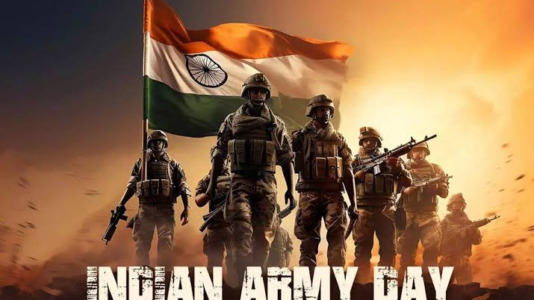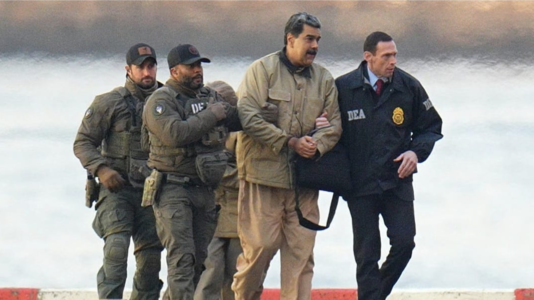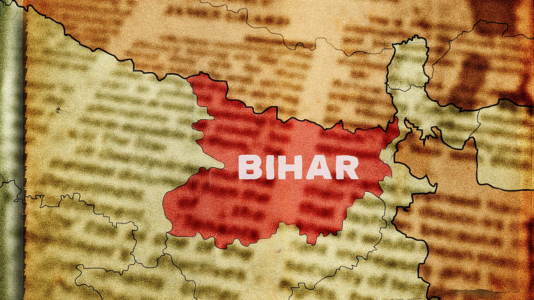Category - Articles
Articles, Security & Strategy
Car Nicobar Runway Upgrade: A Strategic Leap in India’s Eastern Air Power And Indo-Pacific Posture
The inauguration of the upgraded Car Nicobar runway is more than an infrastructure upgrade; it is a strategic enabler. It strengthens India’s eastern air power, enhances maritime surveillance, boosts humanitarian response capability, and reinforces the Andaman and Nicobar Command’s role as a forward-operating hub.









